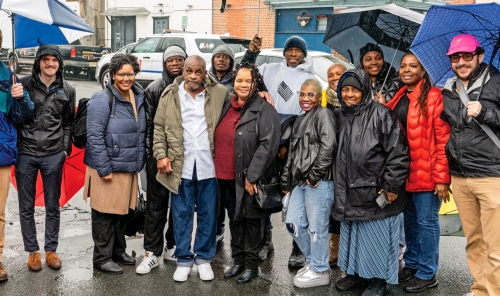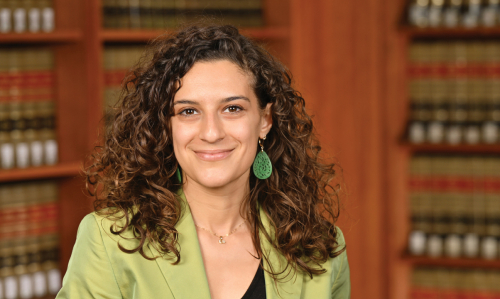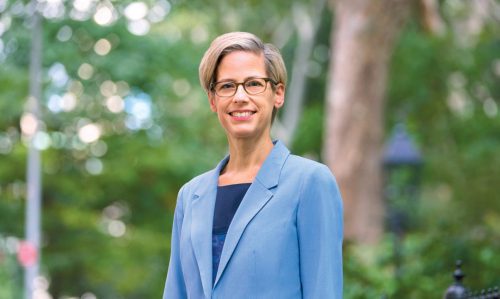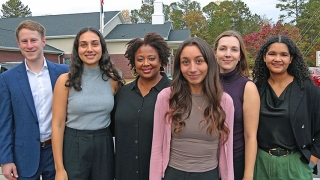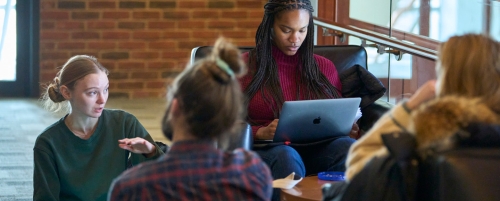
Clinics & Externships
Explore Clinics and Externships
Our Students Do More Than Learn. They Change Lives.
With more than 35 clinics—the most of any top law school—and more than a dozen externships, NYU Law's clinical and advocacy program is unmatched in breadth and depth, providing a range of experiential learning opportunities that equip students with the skills to provide high caliber individual client representation and challenge systemic and institutional inequality. That means that students get valuable hands-on experiences working with clients and communities in the areas that matter most to them.
Clinics and externships are open to 2Ls, 3Ls, and, in some cases, LLM students, and include a classroom component as well as fieldwork. In our clinics, students have a unique opportunity to represent real clients with real legal problems; in externships, they work directly at a non-profit or governmental organization for academic credit and take a seminar on campus. Both clinics and externships offer rich, focused experiences that help students develop into effective advocates able to engage in complex problem solving.
Clinic News
Route to Justice
Watch: South Carolina wants to build a road through a historic Black neighborhood over residents’ objections. NYU Law’s Civil Rights and Racial Justice Clinic is teaming up with community members to put the brakes on the project. For more, read Route to Justice.
Recent Filings in Clinic Cases
On November 25, 2023, the Civil Rights and Racial Justice Clinic and their advocacy partners filed a civil rights complaint pursuant to Title VI of the Civil Rights Act with the US Department of the Treasury on behalf of a group of Centreville, IL residents. The complain alleges that St. Clair County discriminated against Black residents by failing to address the flooding and sewage crisis plaguing their community. Residents assert that instead of using federal funds to address the most urgent public health and infrastructure crisis in the majority Black town, the County diverted emergency funding toward nonessential projects in majority-white areas.
Decades of government neglect of basic sewage and stormwater infrastructure in Centreville has led to an ongoing humanitarian catastrophe for Black residents in Centreville. Raw sewage pools in yards, bubbles out of manholes, runs down neighborhood roadside ditches, and backs up into tubs, toilets, and sinks. Unmitigated raw sewage outflows have infected 40 percent of Black Centreville residents with the same toxic bacteria, leading to chronic, compounding health problems.
Innovative Initiative
The Law, Power, and Organizing Initiative is an innovative model for expanding the application and integration of a broad range of analytical and change-making tools into legal education.


